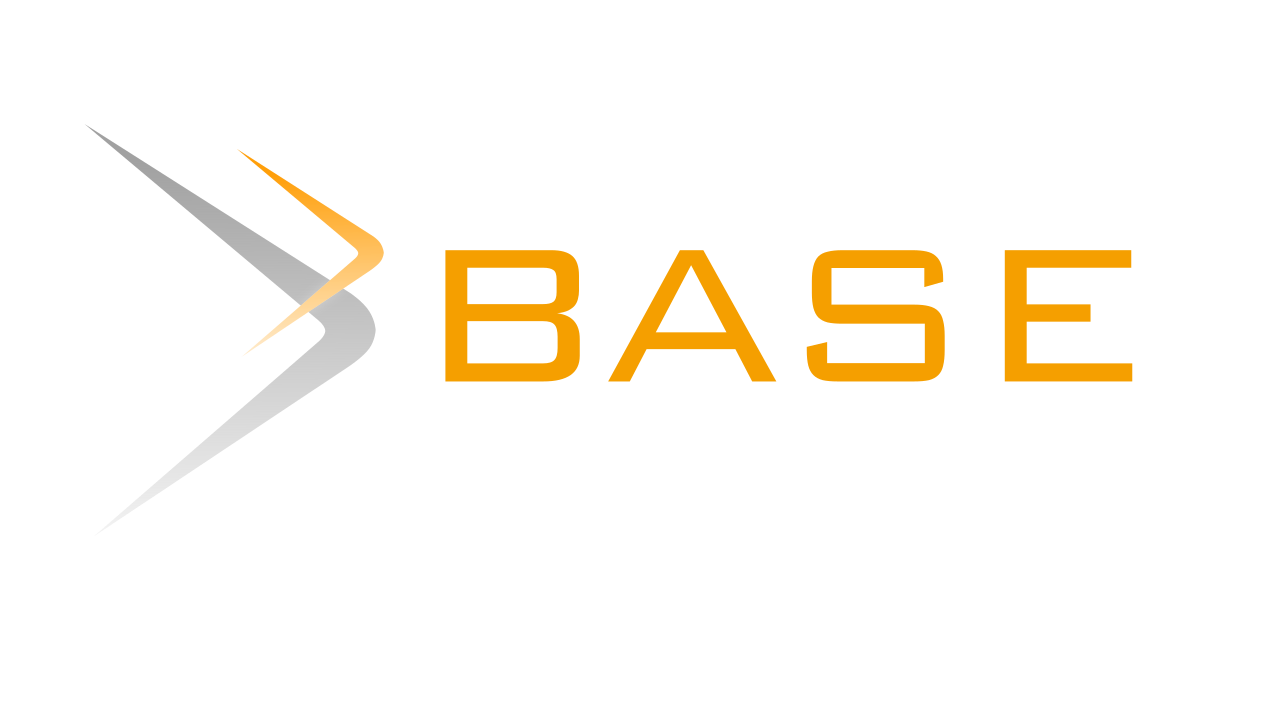Role of the Local Government and Participation of Micro, Small and Medium Enterprises (UMKM) In the Development of Plastic Craft Industry
DOI:
https://doi.org/10.32486/aksi.v5i1.41Abstract
This study aims to describe the role of local government and the participation of Micro, Small and Medium Enterprises in the development of Plastic Woven Crafts in Karanggebang Jetis Village, Ponorogo Regency. The theory used in the formulation of the first problem regarding the role of local government uses the theory of Gede Diva (2009) which divides the role of government in three ways, namely the role of government as a facilitator, the role of government as regulator and the role of government as a catalyst. Second, the participation of UMKM actors uses the theory of Cohen and Uphoff in Distianto (2016) into four forms of participation, namely participation in planning, participation in implementation, participation in the utilization of results and finally participation in evaluation.This research uses the descriptive qualitative method. The technique of determining informants using purposive sampling techniques and data collection techniques carried out through interviews, observations, and documentation. The results of this research in the efforts to develop UMKM Plastic Weaving Crafts in Karanggebang Jetis Village, Ponorogo Regency, in general, there has been no interference from the government and UMKM entrepreneurs. So far, plastic woven crafts are still not developed. To develop UMKM especially plastic woven handicrafts located in Karanggebang Jetis, it is necessary to have the role of government and participation of UMKM actors.
Downloads
Published
How to Cite
Issue
Section
License

This work is licensed under a Creative Commons Attribution-ShareAlike 4.0 International License.













